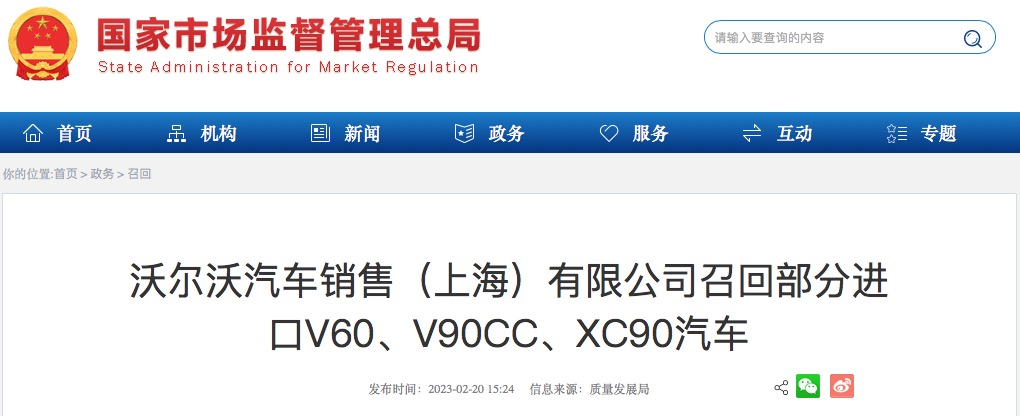In addition to Weibo, there is also WeChat
Please pay attention

WeChat public account
AutoBeta


2024-11-24 Update From: AutoBeta NAV: AutoBeta > News >
Share
AutoBeta(AutoBeta.net)09/06 Report--
On the evening of September 5, Toyota Motor Company (Toyota) and BMW Group (BMW) announced that they had signed a basic agreement to jointly develop a third-generation fuel cell system. Meanwhile, BMW Guan Xuan will launch its first mass-produced fuel cell model (FCEV) in 2028.


This is not the first time Toyota and BMW have worked together. The two sides started cooperation as early as December 2011 and have worked together for more than 10 years in the research and development of environmental technologies and performance models such as fuel cells. Both companies hope to achieve a hydrogen society. Before that, Toyota provided batteries in the core components of the battery, etc. This is a deeper partnership, with Toyota providing a fuel cell system to help BMW launch hydrogen-producing vehicles within a few years.
It is reported that the first step in the cooperation between Toyota and BMW is focused on the field of hydrogen fuel cells, while the hydrogen tank is independently developed by BMW. Michael Rath, vice president of BMW Group hydrogen battery vehicles, said: "in terms of system design, both sides develop their own models and apply the jointly developed hydrogen fuel cells to their respective models. At present, the two sides have no plans to jointly develop hydrogen fuel cell models." Chipze, chairman of BMW Group, also said: "BMW is the first high-end carmaker in the world to launch mass-produced fuel cell vehicles, which represents an important milestone in the auto industry." the demand for fuel cell vehicles in the market is expected to grow significantly in the future. "
In addition to the above cooperation, Toyota and BMW also plan to create synergy through research and development, procurement and other cooperation, integrate powertrains and units to reduce costs, expand the demand for commercial and passenger vehicles, and make fuel cell vehicles (FCEV) closer to life. "the two sides will deepen their cooperation in areas such as jointly developing the next generation fuel cell system and expanding infrastructure construction, and strive to achieve a hydrogen society," said Toyota CEO Henji Sato. At the same time, as a Japanese manufacturer, Toyota will also provide fuel cell vehicles (FCEV), pure electric vehicles (BEV), hybrid vehicles (HEV), plug-in hybrid vehicles (PHEV) and other multi-path options to reduce carbon dioxide.
It is understood that BMW's first hydrogen fuel cell car iX5 hydrogen fuel cell car was test-driven for the first time on the road in China in October 2023, and it was also unveiled on the Beijing model again in April this year. Specifically, the car's drive system integrates hydrogen fuel cell technology and the fifth generation BMW eDrive electric drive technology, with a total output power of 295kW. In addition, the hydrogen storage tank carried by the car can store 6 kilograms of hydrogen, and the mileage of the vehicle under WLTP conditions is 504km.
BMW said it has more than 40 years of experience in hydrogen power system research and development and more than 20 years of experience in hydrogen fuel cell technology, and will be the first to launch hydrogen-producing fuel cell vehicles in high-end passenger cars. At present, the above model is still in the development and testing stage, whether the car will be BMW's first mass-produced hydrogen fuel cell vehicle, as the relevant information is still very limited, it is not clear, the follow-up "automotive industry attention" will also continue to pay attention.
It is worth mentioning that in today's era of new energy vehicles, neither BMW nor Toyota has achieved good results in pure electric vehicles, and the two sides choose to strengthen cooperation in the field of hydrogen fuel cells. it may reduce the mass production cost of fuel cell vehicles, and it can also provide more options in addition to fuel vehicles and pure electric vehicles. Of course, at present, hydrogen fuel cell vehicles have not entered the stage of large-scale development in the domestic market, domestic hydrogen fuel cell vehicle owners are still concentrated in the field of commercial vehicles, passenger vehicles are still in their infancy, and compared with fuel vehicles, hydrogen vehicles are usually more expensive, which means that the audience may be limited. As for whether this type of model will be promoted on a large scale in China after 2028, it will take more time to verify.
Welcome to subscribe to the WeChat public account "Automotive Industry Focus" to get the first-hand insider information on the automotive industry and talk about things in the automotive circle. Welcome to break the news! WeChat ID autoWechat
Views: 0
*The comments in the above article only represent the author's personal views and do not represent the views and positions of this website. If you have more insights, please feel free to contribute and share.











© 2024 AutoBeta.Net Tiger Media Company. All rights reserved.